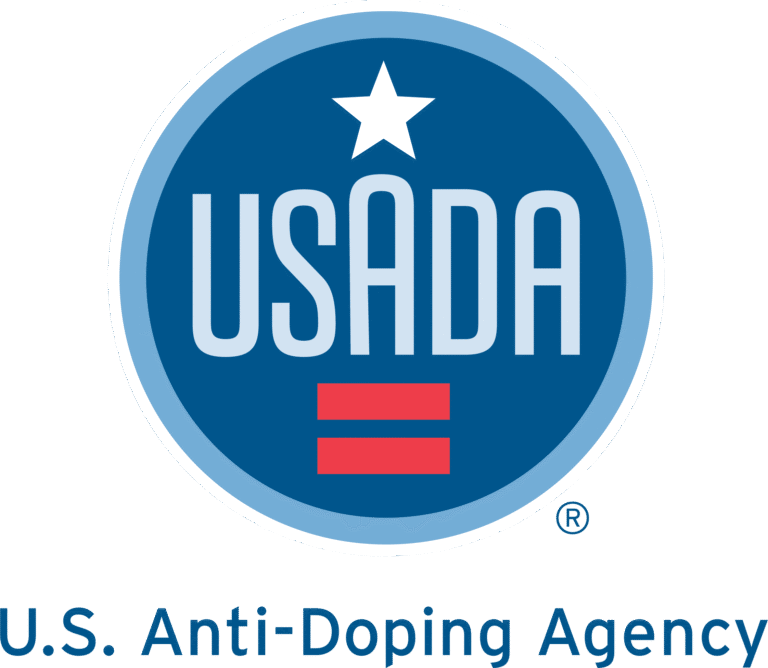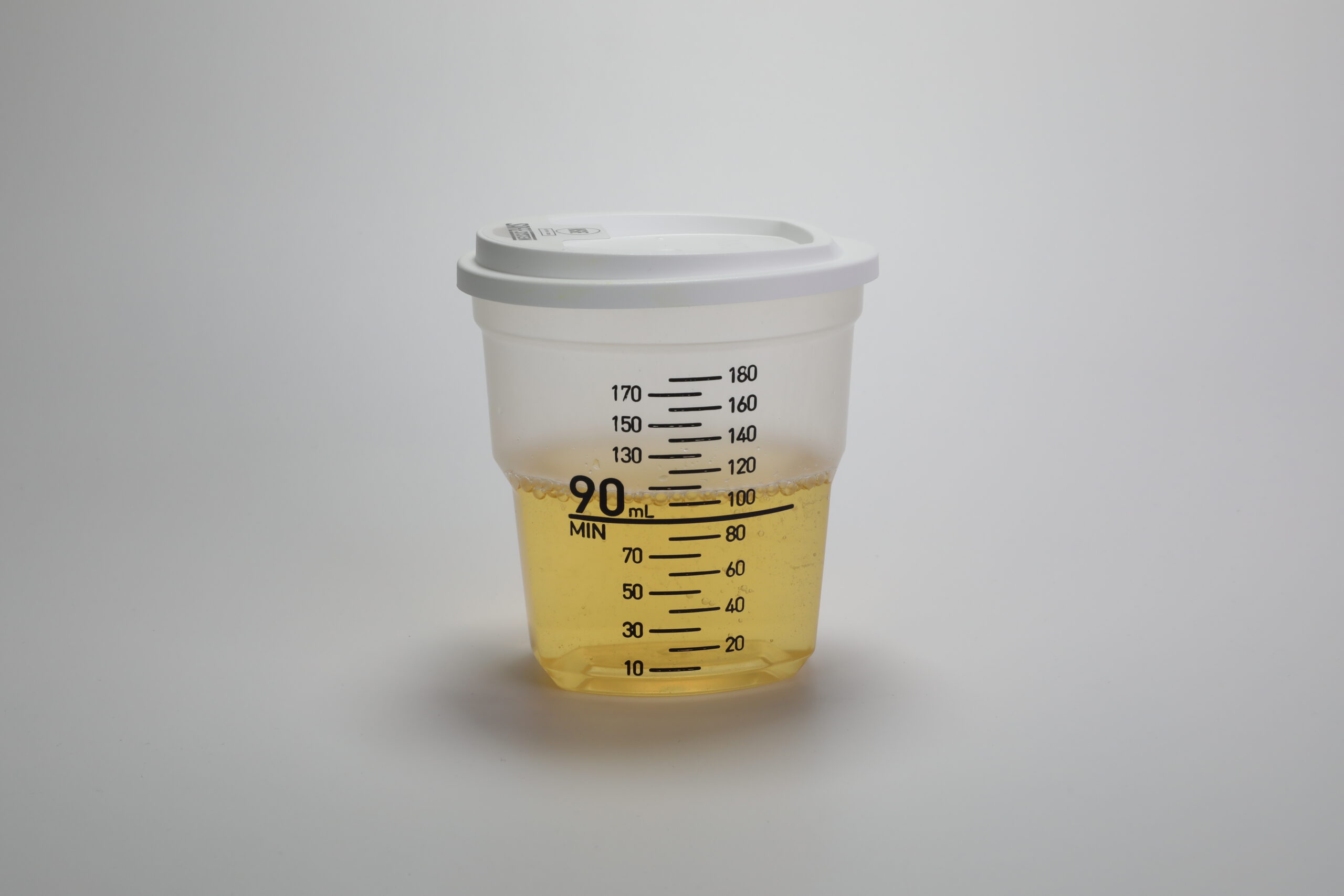Get Started Now
Are you competing in an event for the first time where there may be USADA drug testing? Do you have basic questions about the drug testing process and don’t know where to start?
This section answers some of the most commonly asked questions for athletes new to drug testing.
Athlete Tools
Don’t miss essential tools that help you compete clean and protect your legacy.
USADA provides a variety of resources for athletes and their support team to ensure a level playing field and compliance with global anti-doping rules.
Check Medication
Use Global DRO to check the prohibited status of over-the-counter and prescription medications.
Report Doping
Contact USADA’s Play Clean Tip Center by text, email, phone, or mail to report doping or other anti-doping rule violations in sport.
Therapeutic Use Exemptions
Determine if a medical exemption, or TUE, is needed for the use of a prohibited substance or method.
SAMPLE COLLECTION
Learn more about the blood and urine collection processes, from athlete notification to the shipment of a sample.
WHEREABOUTS
Discover how USADA tests athletes without any advance notice through our Whereabouts testing pools.
DIETARY SUPPLEMENTS
Explore the issues associated with dietary supplement products and learn how to reduce the risk.
Nutrition
Learn how a food-first approach to fueling is optimal for athletes of all levels.
Results Management
Understand the results management process and what happens after an athlete provides a sample.
Retirement Responsibilities
Check out athletes’ responsibilities to USADA and their International Federation when retiring from sport.
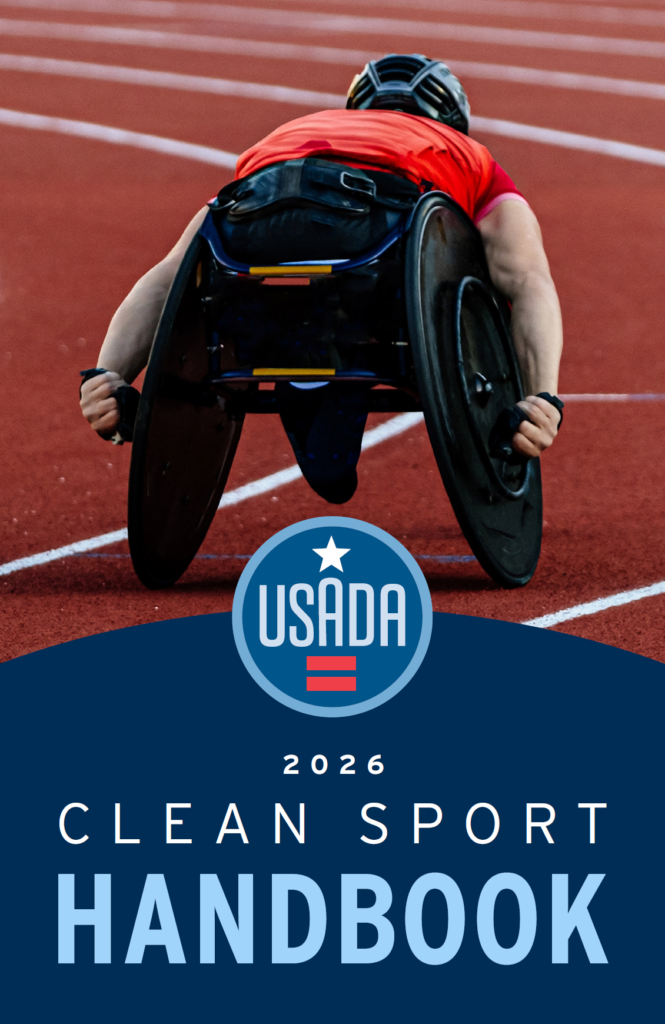
The Clean Sport Handbook
Who is this for?
Athletes and Support Personnel
What’s inside?
USADA’s Clean Sport Handbook is designed to provide athletes and athlete support personnel with a summary of the information needed to successfully participate in the anti-doping program governing their sport. Access to accurate information ensures that athletes and support persons are not only fully prepared for training and competition, but also for the important role they play in the broader global anti-doping movement.
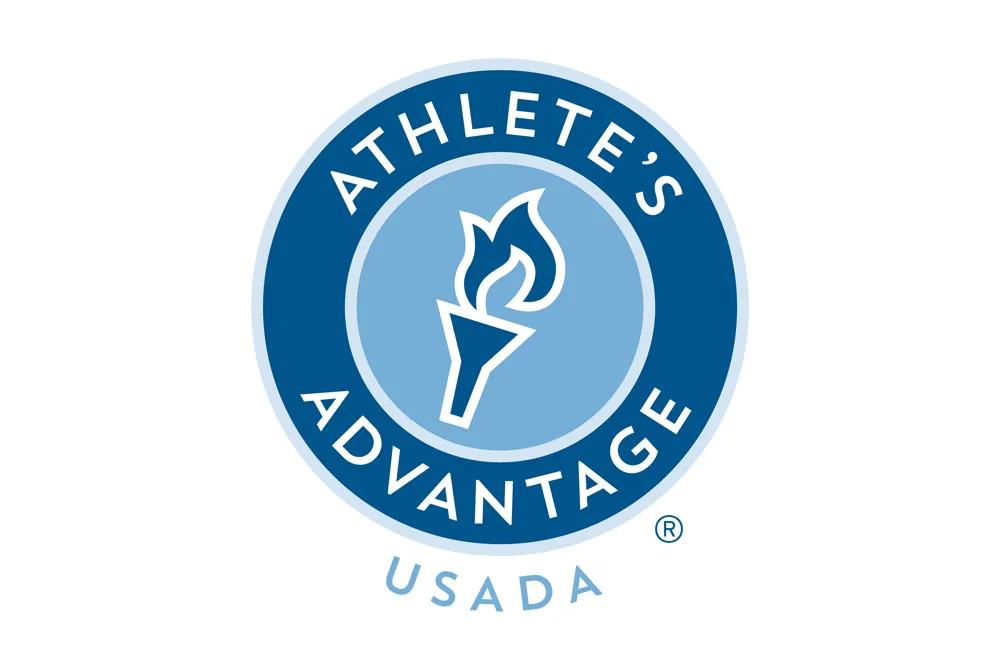
Athlete's Advantage
Anti-doping starts with prevention, meaning that education on how to compete clean and with integrity should be provided at all levels of competition. USADA works diligently to maintain a comprehensive and continuous education program that serves athletes from the youth to elite levels.
Annually, around 2,800 testing pool athletes complete the Athlete’s Advantage tutorial as USADA continues in its mission to ensure all athletes are educated on timely and relevant anti-doping topics.
At the elite level, athletes can be assigned to one of USADA’s three pools – the Registered Testing Pool (RTP), the Clean Athlete Program (CAP), or the Education Pool (EP). For athletes in these pools to successfully comply with international standards, they must complete anti-doping education each year. USADA helps athletes meet this requirement through its Athlete’s Advantage eLearning tutorial. To ensure athletes are fully aware of their pool-specific anti-doping responsibilities, USADA develops several versions of the Athlete’s Advantage tutorials. Athletes new to their pool are provided with a comprehensive explanation of prohibited substances and methods, the sample collection and result management processes, rights and responsibilities, Therapeutic Use Exemptions (TUEs), Whereabouts requirements, ways to report suspected doping, and risks associated with dietary supplements. If an athlete has already completed the new athlete tutorial, they will complete the returning athlete tutorial, which is an abbreviated course that covers anti-doping updates, resources, and reminders. Regardless of the tutorial, athletes are required to pass an assessment on the content when added to a pool and each subsequent year.
Video Library
Tools for Success
Resources for Clean Competition
USADA Sample Collection Process | Athlete Drug Testing Explained
Anti-Doping 101 | Athlete Responsibilities in Clean Sport
Frequently Asked Questions
Answers to Common Anti-Doping Questions
Click on the question to drop down the answer.
Can/will I be tested?
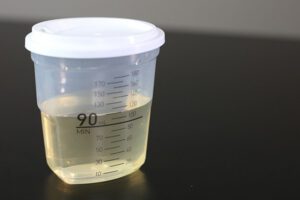 USADA is able to test and adjudicate anti-doping rule violations for any athlete who:
USADA is able to test and adjudicate anti-doping rule violations for any athlete who:
- Is a member or a license holder of a United States Olympic & Paralympic Committee (USOPC)-recognized sport National Governing Body (NGB)
- Is participating at an event or competition sanctioned by the USOPC or a USOPC-recognized sport NGB or participating at an event or competition in the United States sanctioned by an International Olympic Committee-recognized International Federation (IF) for sport
USADA may also test and adjudicate athletes who meet the following criteria:
- Is a foreign athlete who is present in the United States
- Has given his/her consent to testing by USADA or who has submitted a Whereabouts filing to USADA or an IF within the previous 12 months and has not given his/her NGB written notice of retirement
- Has been named by the USOPC or an NGB to an international team or who is included in a USADA testing pool or is competing in a qualifying event to represent the USOPC or NGB in international competition
- Is a United States athlete or foreign athlete present in the United States who is serving a period of ineligibility on account of an anti-doping rule violation and has not given prior written notice of retirement to his/her NGB and USADA or the applicable foreign anti-doping agency or foreign sport association
- Is being tested by USADA under authorization from the USOPC, an NGB, IF, any National Anti-Doping Organization (NADO), the World Anti-Doping Agency (WADA), the International Olympic Committee (IOC), International Paralympic Committee, (IPC), or the organizing committee of any event or competition.
Any athlete competing in a race that falls under an NGB’s jurisdiction or that has a short-term or long-term NGB license can be tested by USADA. USADA believes that all athletes, regardless of competition level, have the right to compete on a clean and level playing field.
Do I need to submit Whereabouts?
 Whereabouts information (dates, times, locations, etc.) is information submitted to USADA by an athlete, which allows the athlete to be located for out-of-competition testing. Only athletes in the Registered Testing Pool (RTP) or Clean Athlete Program (CAP), who have been personally and directly informed of their inclusion in the RTP or CAP, are required to submit Whereabouts. All other athletes are not. Whereabouts requirements are determined by RTP or CAP inclusion, not event participation. For more information on Whereabouts, please click here.
Whereabouts information (dates, times, locations, etc.) is information submitted to USADA by an athlete, which allows the athlete to be located for out-of-competition testing. Only athletes in the Registered Testing Pool (RTP) or Clean Athlete Program (CAP), who have been personally and directly informed of their inclusion in the RTP or CAP, are required to submit Whereabouts. All other athletes are not. Whereabouts requirements are determined by RTP or CAP inclusion, not event participation. For more information on Whereabouts, please click here.
What are the definitions of in-competition and out-of-competition?
In-competition refers to the period commencing at 11:59 pm on the day before a competition in which the athlete is scheduled to compete through the end of such competition and the sample collection process related to such competition. WADA may approve alternative definitions for particular sports.
Out-of-competition refers to any period which is not in-competition.
Definitions for In-Competition and Out-of-Competition are taken from the World Anti-Doping Code.
What substances are banned?
As a signatory to the World Anti-Doping Code, USADA tests for substances and methods found on the World Anti-Doping Agency Prohibited List. It’s important that athletes are aware of the substances and methods on the Prohibited List, as an athlete is responsible for any prohibited substance found in their body, regardless of intent.
It’s also important to understand that certain substances are prohibited at all times, while others are prohibited only during competition. In some cases, a substance is only prohibited in a certain sport. Use the resources on this tab in conjunction with the next step about medication to determine whether a substance is prohibited.
How do I check the status of a medication?
 Athletes need to be aware of the prohibited status of any medication they are taking, whether it be an over-the-counter or prescription medication. The easiest way to understand your medication is to use USADA’s Global DRO tool, where generic and name brand products, or specific medications or ingredients, can be searched. Results will yield information including the in- and out-of-competition status, any threshold information, as well as sport-specific information for those substances prohibited only in certain sports.
Athletes need to be aware of the prohibited status of any medication they are taking, whether it be an over-the-counter or prescription medication. The easiest way to understand your medication is to use USADA’s Global DRO tool, where generic and name brand products, or specific medications or ingredients, can be searched. Results will yield information including the in- and out-of-competition status, any threshold information, as well as sport-specific information for those substances prohibited only in certain sports.
Athletes or their support team can also speak to an expert by phone during business hours by calling Athlete Connect at (719) 785-2000.
If and when a medication is prohibited, athletes may choose to stop taking or replace the medication with a non-prohibited substance, or explore the Therapeutic Use Exemption process.
Your health is the first priority. Any decision to stop or start a medication should be made in consultation with your medical provider.
What if I need a prohibited medication while competing in sport?
 In some situations, an athlete may have an illnesses or condition that requires the use of substances or methods listed on the World Anti-Doping Agency’s Prohibited List. A Therapeutic Use Exemption (TUE) provides permission for an athlete to have a prohibited substance in their body at the time of a drug test.
In some situations, an athlete may have an illnesses or condition that requires the use of substances or methods listed on the World Anti-Doping Agency’s Prohibited List. A Therapeutic Use Exemption (TUE) provides permission for an athlete to have a prohibited substance in their body at the time of a drug test.
The process for obtaining a TUE is thorough and balances the need to allow athletes access to critical medication while upholding clean athletes’ rights to compete on a level playing field. In some cases, the TUE requirements are different for International Athletes, National Athletes, Recreational Athletes, or Sport Participants.
Athletes interested in obtaining a TUE should visit the Therapeutic Use Exemption page, where they can determine if they need a TUE by completing the TUE Pre-Check Form, begin the application process, and find answers to the most frequently asked TUE questions.
What should I know about the sample collection process?
Athletes selected for testing are subject to both blood, dried blood spot, and/or urine testing. The processes are designed to be both effective in preserving the integrity of the sample, yet safe and comfortable for the athlete. Understanding the processes, as well as an athlete’s rights and responsibilities, can help to make testing less intimidating. There are additional considerations for minor athletes and impaired athletes.
Learn more about the sample collection processes with the links below:
USADA is committed to making sport safe, fair, and authentic at all levels of competition, through independent and comprehensive anti-doping programs. One key component of a successful anti-doping program is strategic drug testing, in accordance with the World Anti-Doping Code. USADA’s gold standard testing program utilizes in-competition testing at events and no advance notice out-of-competition testing, which can occur at any time and any location. Athletes selected for testing may be required to provide urine, blood, dried blood spot, or any combination of these sample types during a sample collection session. This applies to U.S. Olympic and Paralympic athletes, International-level athletes, as well as non-Olympic and Paralympic athletes.
For in-competition testing, a doping control officer, known as a DCO, or a notifying chaperone will show their credentials, notify the athlete of their selection for testing, and escort the athlete to an official doping control station located in a safe and secure area for collecting and processing a sample. The athlete must remain in direct observation from the time of notification until the test has concluded. Athletes are required to report to doping control immediately, unless a valid reason is discussed with and permitted by a DCO. Some valid reasons include performacing a cool down exercise, attending a medal ceremony, competing in further competitions, receiving medical attention, locating a representative or an interpreter, or other justified circumstances agreed to by the DCO.
For out-of-competition testing, an athlete is located and notified for testing without any prior notice. While there is no doping control station for out-of-competition testing, the toilet area must be safe and secure for both the athlete and DCO. The athlete must remain in direct observation of the DCO from the time of notification until the test has concluded.
Some athletes are in a Whereabouts pool, which means they are required to provide Whereabouts information, or details of their schedules and locations. The information provided by an athlete allows a DCO to locate them for no advance notice testing, at any place and time. Before a test, the DCO is responsible for reviewing the athlete’s Whereabouts information to find them at the location they have listed in their Whereabouts filing. For example, if the test attempt is made at a large training complex, the DCO should check all relevant areas where the athlete may be located. If an attempt is made at a personal residence, the DCO should make multiple attempts to locate the athlete by knocking and/or ringing doorbells at the front door or main building access point. If the DCO is attempting to locate an athlete in the registered testing pool, or RTP, during their 60-minute time slot, the DCO is expected to remain at the location listed in the athlete’s Whereabouts until the end of the 60-minute time slot. The DCO is expected to use common sense and reasonable effort in attempting to locate the athlete for testing.
Whether the sample is collected in- or out-of-competition, athletes will be asked to select a sealed sample collection vessel from a choice of vessels. The athlete will inspect the collection vessel to ensure it has not been tampered with or damaged before opening the packaging. There are a variety of sample collection kits used by Anti-Doping Organizations, or ADOs, and while the kits may look different, all sample collection equipment used by World Anti-Doping Code Signatories and their designated sample collection agents is WADA compliant.
During in- or out-of-competition testing for minor athletes, a minimum of two sample collection personnel will be present during the sample collection process: one to witness the passing of the sample and one to observe the personnel witnessing the passing of the sample. Minor athletes are highly encouraged to identify an athlete representative, who can support the athlete throughout the sample collection process and who may observe the DCO or chaperone when the athlete is providing a sample.
As outlined in the World Anti-Doping Code, athletes with an impairment may request modifications to the sample collection process. Athletes with restricted mobility or limited dexterity, visual impairment, or intellectual impairment may receive accommodations, such as assistance from a representative or DCO during portions of the sample collection process. Should an athlete require additional equipment to provide a sample, such as catheters and drainage systems, it is the athlete’s responsibility to have the necessary equipment available and understand how to use it.
During the urine collection process, athletes are required to provide at least 90 milliliters of urine under the direct observation of a DCO or a witnessing chaperone. If an athlete is unable to provide the required volume, the athlete will store the partial sample in a secure vault provided by the DCO, and will use another collection vessel to provide the remaining sample when ready. An athlete must maintain control of their sample until the sample is sealed. For partial samples, the sample is sealed and monitored by the DCO until the athlete is ready to provide a complete sample. When a valid urine sample totalling at least 90 milliliters is collected, athletes will select from a choice of sample security kits. The DCO should instruct the athlete to check that the alphanumeric codes on the bottles match and correspond to the barcode on the outside of the box. This is an important step because the athlete’s name will not appear on the documentation sent to the lab. Once the athlete is satisfied with the kit and the sample code numbers have been verified, the athlete will divide their sample between the “A” and “B” sample bottles. The DCO will check that the specific gravity of the sample meets the minimum requirement. Additional samples will be collected if the initial sample is not within the required range.
Blood samples are also sometimes collected from athletes. During blood sample collection, a licensed phlebotomist, known as a Blood Collection Officer, or BCO, will perform the blood draw. To account for changes in blood plasma volume, the athlete will be asked to remain seated for at least 10 minutes before providing a blood sample. For all blood collection (not including DBS), athletes will need to wait 60 minutes after training and competition. The amount of blood drawn is less than two tablespoons and is unlikely to affect performance. Complications from blood draws are rare but can include dizziness, bruising at the puncture site, and arterial puncture or laceration. Site reactions such as bruising or swelling can be minimized by applying pressure to the collection site for at least five minutes, avoiding strenous exercise for at least 30 minutes, and keeping the bandage on for at least two hours. If you have experienced complications from previous blood draws, please inform the USADA DCO or BCO before the blood draw begins. Once the blood sample collection process has been completed, the BCO will label the blood tubes with the sample code numbers, and the samples will be secured in a blood security kit. For ABP blood draws, athletes will be asked supplementary questions that are important to the analysis of the sample. For example, athletes may be asked about recent exposure to high altitudes and other extreme environments, as well as recent exercise and blood loss.
Over the years, anti-doping experts have conducted research to make blood collection easiser for anti-doping organizations and improve the athletes’ experience. Dried Blood Spot, or DBS testing, remains an innovative method for collecting blood samples without venipuncture. For DBS testing, an FDA-approved sterile collection device is adhered to an outside portion of the upper arm, or the abdomen if the arm is not available. The DCO will apply a device to clean skin and push the red button to start the collection. There is a small prick, which means the device is working properly. This testing method allows USADA to collect a series of small capillary blood spots with the push of a button and requires about 25 times less volume than traditional blood collection methods. The collection may take up to 10 minutes. The device is removed, as well as the collection cartridge from the device and placed into a compartment of the tamper-evident security kit. After collection, DBS samples can be transported without refrigeration and can be stored for longer periods of time, leading to greater opportunities for blood collection and sample analysis. Although DBS testing is scientifically advanced and precise, it cannot fully replace liquid blood collections for the purposes of the ABP.
With the continued advancement of science, USADA prioritizes innovation for the benefit of clean athletes. Athletes can expect to see micro-capillary blood collection devices, such as the Tasso+, more frequently as these devices offer a convenient and virtually painless way to collect liquid capillary blood. These needle-free devices adhere to the upper arm and collect approximately 500 microliters of blood, which is six times less than a standard venous blood draw. Blood collected from these devices can be analyzed for the same substances as venous blood samples, including the parameters used in the Athlete Biological Passport.
During the sample collection process, athletes should declare any prescription and non-prescription medications, injections, blood transfusions, and/or dietary supplements they are taking on the Doping Control Form, or DCF. If an athlete is taking a prohibited substance or prohibited method and has been granted permission to use the otherwise prohibited substance or method via a Therapeutic Use Exemption, or TUE, the athlete should note that on the DCF. Declaring all medications, supplements, medical procedures, and TUEs on the DCF is essential for fairness, transparency, and the athlete’s own protection in the sample collection process.
During this time, athletes can also indicate if they wish to consent to research. Consenting to research means that once all analyses have been completed and the sample would otherwise have been discarded, the sample may instead by used by WADA-accredited laboratories for anti-doping research, provided that the sample can no longer be identified as belonging to the athlete. This research is crucial to keeping anti-doping science on the cutting edge, which plays a major role in our ability to protect clean sport.
Once complete, the DCO will ship the sample(s) to a WADA-accredited laboratory and will document the chain of custody for the sample to protect the sample’s integrity. The official sample collection documentation that accompanies the sample(s) to the WADA-accredited lab does not include the athlete’s name or other identifiable information. The sample may be stored at the laboratory and retested in the future. An athlete will receive notification by electronic mail from USADA confirming that the analysis has been completed. If the sample(s) were collected by another anti-doping organization, the athlete may not receive the results or any form of notification.
When do I get my results?
Athletes tested under USADA’s testing authority will typically receive a notification of their results within 6-8 weeks from the date of their test. Tests administered by USADA on behalf of other sport organizations or federations will be subject to that organization’s results management process and athletes will not receive results for those tests from USADA.
For more information on USADA’s results management process, please click here.
Are dietary supplements prohibited?
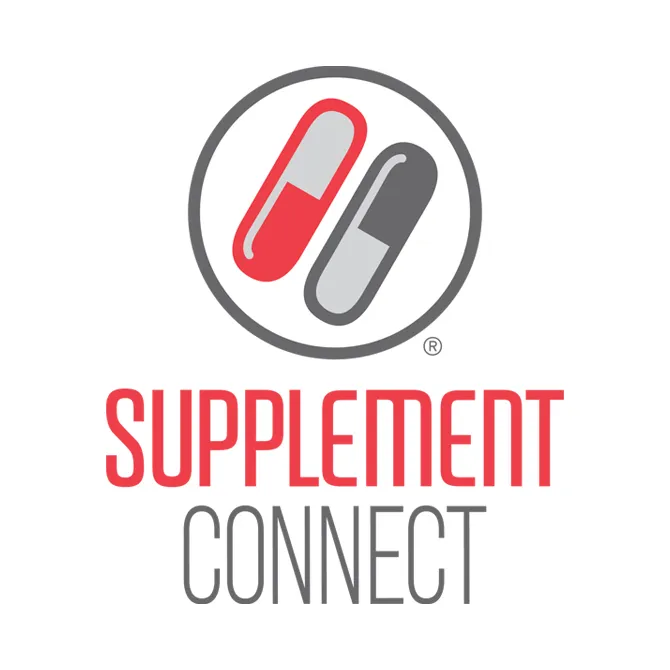 The unfortunate reality is that the use of dietary supplements can be risky and caution must be exercised when considering their use. Use Supplement Connect to:
The unfortunate reality is that the use of dietary supplements can be risky and caution must be exercised when considering their use. Use Supplement Connect to:
- REALIZE there are safety issues with dietary supplements.
- RECOGNIZE risk when you see it.
- REDUCE your risk of testing positive and experiencing health problems by taking concrete steps.

Still have questions about anti-doping?
Contact Athlete Connect
AthleteConnect@USADA.org, call (719) 785-2000, or use our contact form.
NOTE: This form does not update Whereabouts information.
